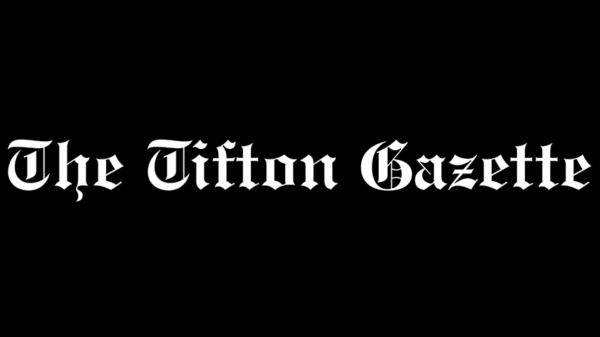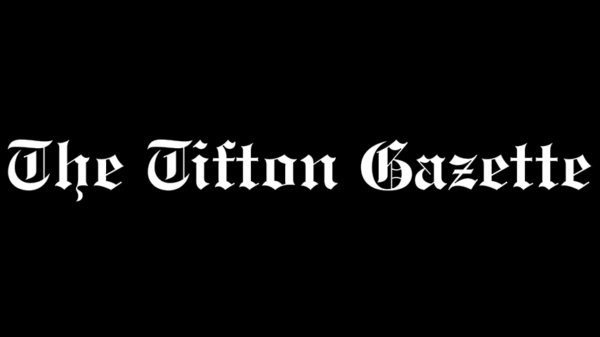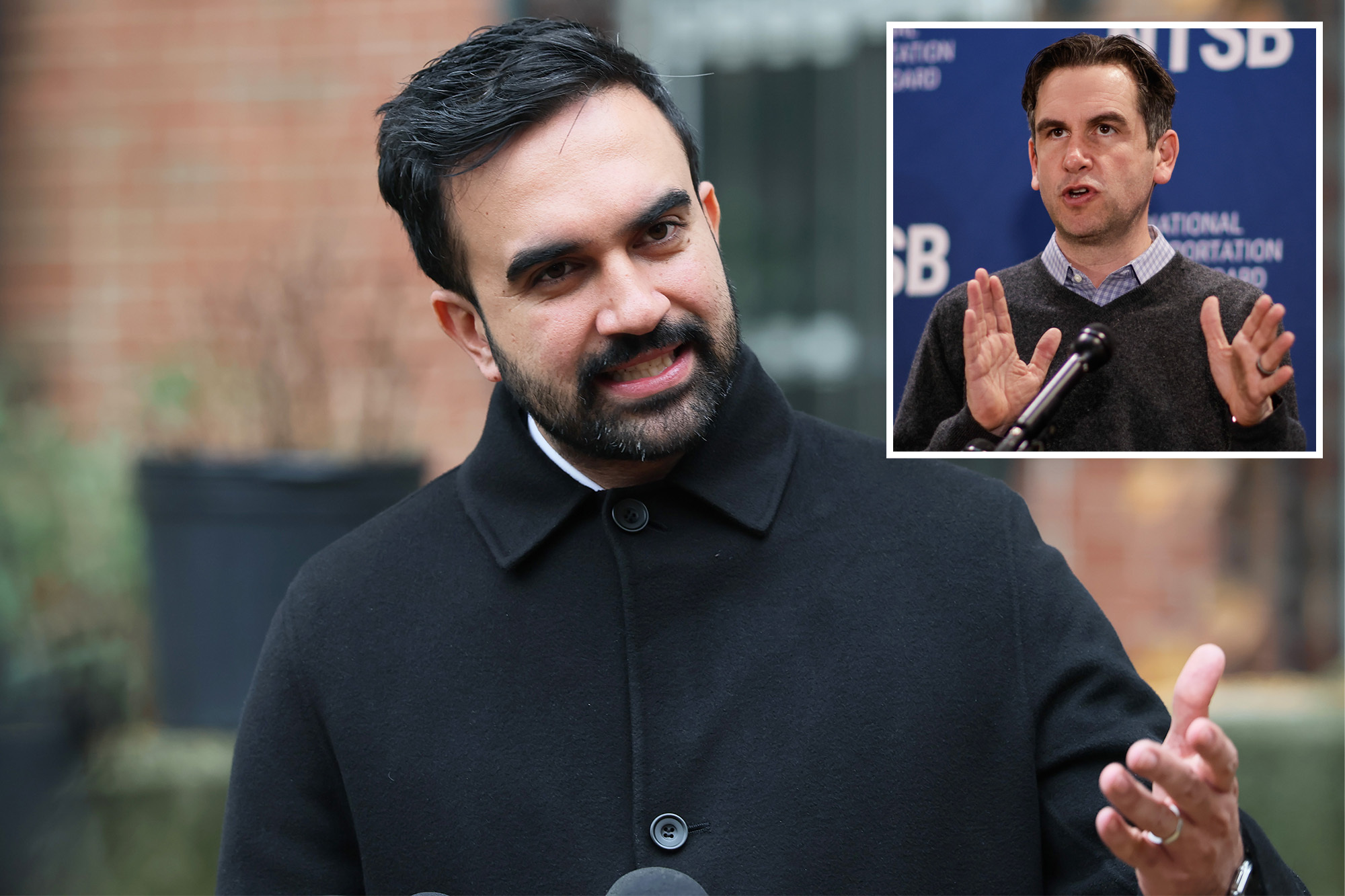URGENT UPDATE: The incoming head of New York City’s leading business group has issued a fierce warning against Mayor-elect Zohran Mamdani’s proposed corporate tax hikes, labeling them “absolute suicide” for NYC. Steven Fulop, currently the Mayor of Jersey City, will take the reins of the Partnership for The City of New York next year and is adamant that the proposed tax increase could drive businesses out of the city.
In a striking critique, Fulop stated, “This proposal is absolute suicide for NYC and an absolute dream for NJ.” His comments come as Governor Kathy Hochul considers a significant shift in tax policy, contemplating raising New York’s corporate tax rate from 7.3% to 11%. This move would catapult New York from 17th among states to a tie for first with New Jersey, intensifying competition between the two states.
Fulop emphasized the potential repercussions of the tax hike, arguing that it would not only fail to attract new jobs to New York but could also drive existing companies to relocate. “Even if people believe companies won’t move, what remains 100% indisputable is they certainly won’t create a single new job in NYC,” he added.
Democratic leaders in New York are grappling with the implications of the tax increase as they approach the upcoming election season. Hochul, who previously vowed not to raise broad-based taxes, is now facing pressure to reassess her stance, which could have major electoral implications.
Fulop’s comments highlight the growing tensions over tax policy in the region. He pointed out that NYC companies already face an additional payroll tax of 8.85%, which, combined with the proposed increase, would push their total tax burden to over 16%. “That’s not competitiveness; that’s not ‘marginally’ more than neighbors,” he stated emphatically.
His remarks were also a response to criticism from supporters of Mamdani who accuse him of shifting his political stance. Fulop defended his record, citing his past achievements, including being one of the first to implement Paid Sick Leave and deliver budgets without tax increases. “I’ve actually lived this,” he asserted, reinforcing his credibility in the debate.
As the situation develops, the focus will shift to how Hochul and the state legislature will respond to Fulop’s warnings and whether they will move forward with the proposed tax hikes. The implications for the business climate in New York City could be significant, and many are watching closely to see how this plays out.
This heated discourse underscores the urgency surrounding New York’s economic future as leaders weigh the potential fallout of tax increases against the backdrop of a competitive regional landscape. What happens next in this critical discussion could shape the business environment for years to come.








































































